1. You don’t always get the rate advertised
Despite what you may think, banks and lenders aren’t actually required to offer the rate advertised to every successful applicant.
Technically speaking, they may only have to offer that rate to a certain percentage of people who have been approved. This means the rest are usually offered a more expensive deal.
2. Your bank account isn’t worth what you’re paying for it
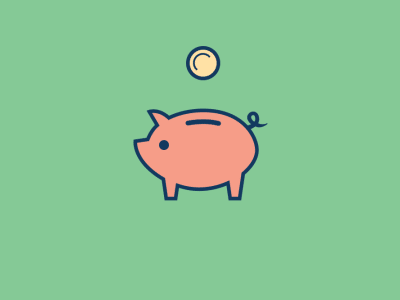
Some banks will offer a range of extra ‘benefits’ if you pay for it. Like free travel insurance in exchange for a monthly fee.
But unless you make the most out of ALL the extras, the bank account is probably not worth the money you’re paying.
3. More swiping means more money for them
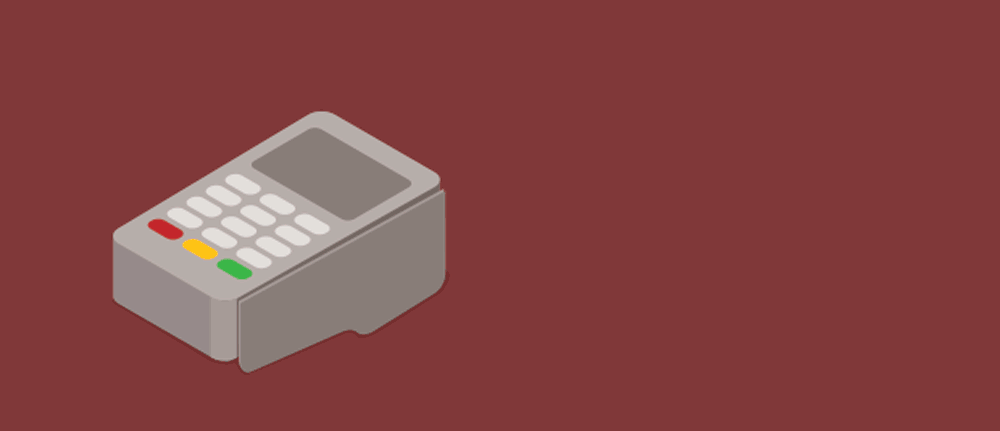
Every time you swipe your card, regardless if it’s a debit or a credit, your bank makes money.
They make their money by charging the merchant fees.
For example, promotional credit card offers will often want you to spend a certain amount in order to be rewarded.
While it’s a great deal for you, they are doing that for their own benefit, not yours. The more you spend by swiping your card, the quicker the banks make their money back.
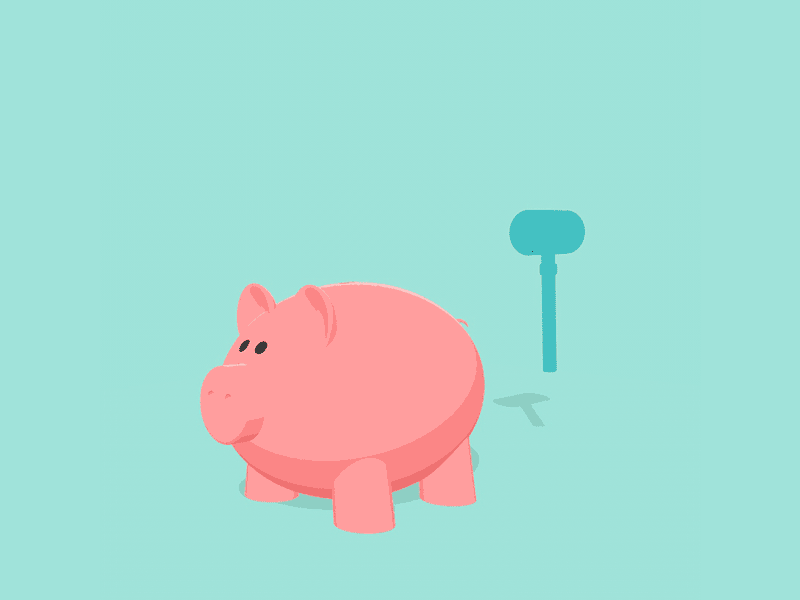
Banks are also counting on the fact that once you’ve racked up the £1,000, you won’t be able to pay it all off in one month, which means you’re creating interest fees.
4. No debt history is not a good thing
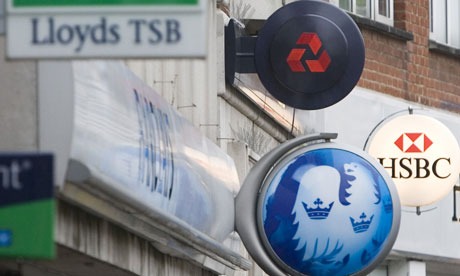
When deciding whether they can give you a loan a bank will look into your financial history and check your credit score.
If you haven’t had a loan or a credit card in the past then they won’t be able to determine how good as a borrower you’ll be.
Having no credit history may be worse than having a less-than-perfect one.
5. Re-ordering your purchases
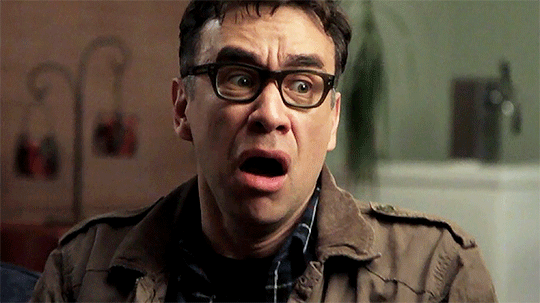
Some banks will re-order your purchases in a day, they can do this from the highest amount to the lowest.
This means that if you fall into your overdraft, your bank can charge you a fee for each transaction made while overdrawn. This means you’ll end up paying more fees.
6. Running deposits last

If you pay money into your account on the same day a number of payments are due to come out. The bank may run those payments first, which means you fall into your overdraft and then have to pay overdraft fees.
This will then come out of the money you just deposited into your bank.
7. They can sit on your check

It can take many days to get your check to clear into your bank account. But banks are actually able to delay the process for a number of reasons while pretending that everything is above board.
This delay can easily see you fall into the red and force you to pay more overdraft fees.
9. You don’t need insurance
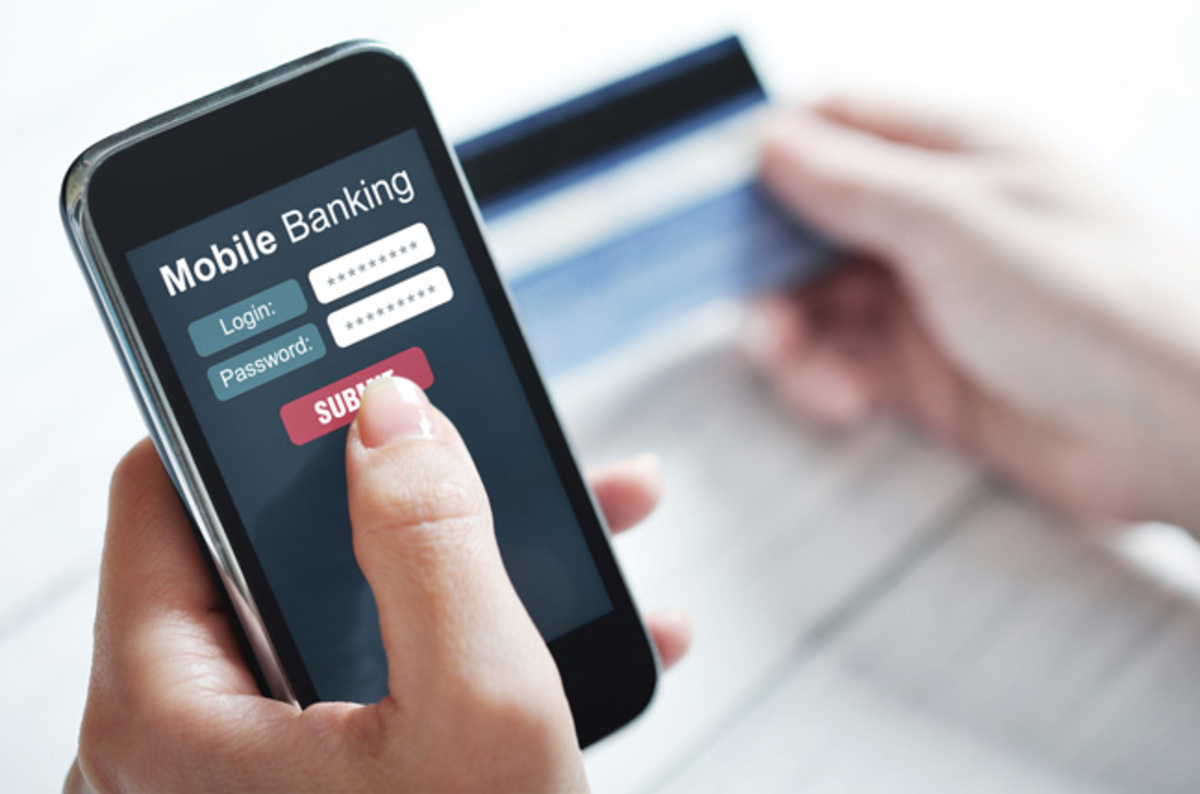
Whenever you take out some form of credit, the bank will try to sell you a form of insurance to cover your payments just in case something happens to you. This may seem like a good idea at the time, however, the small print of these insurance policies could mean it won’t protect you from debt if you can’t pay it. You may be better off making other plans.
10. Paying your debt off could cost you more

You may think that paying off your debt ahead of schedule is a good thing. However, this is something many banks and lenders will try to discourage by slapping you with an additional charge if you do pay it all off early.
